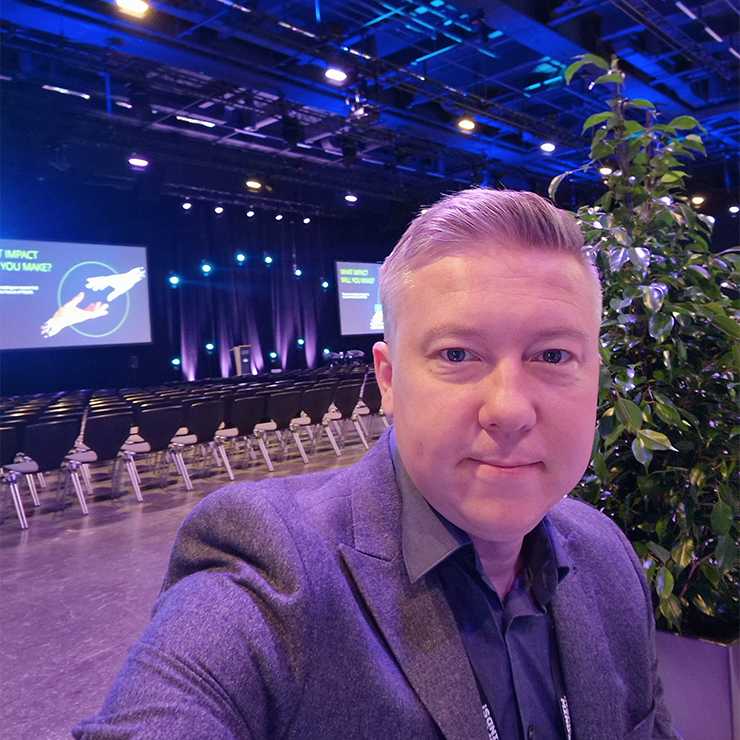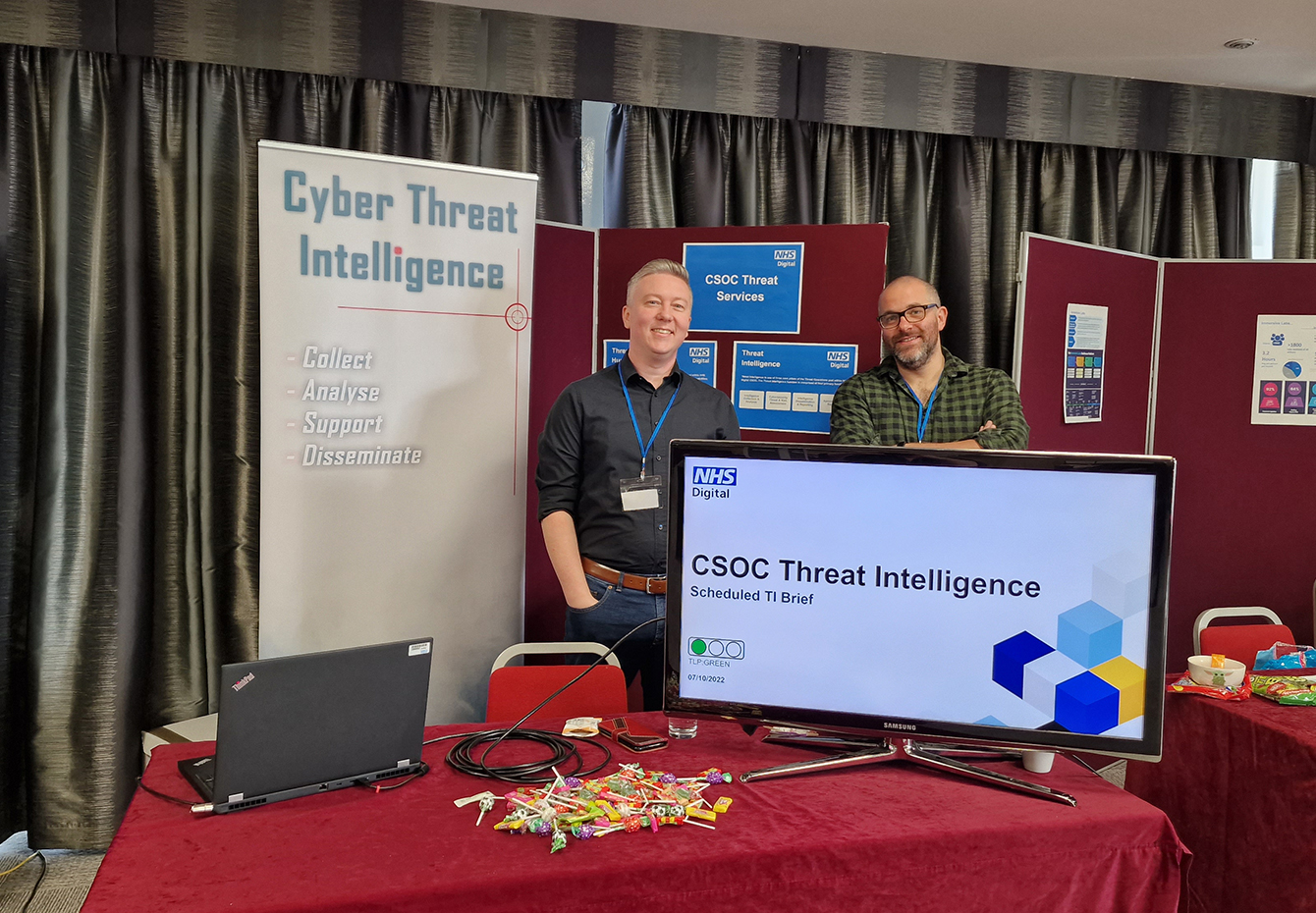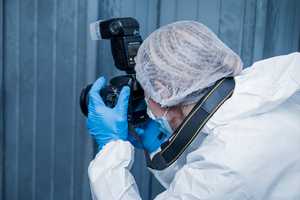As the world’s reliance on technology grows, the fight against cyber-crime is intensifying. Elite teams of hackers and cyber crooks now target critical organisations such as the NHS, meaning that the people who protect us against online assaults are not only keeping companies safe, but saving lives too.
Richard Plumb is one such defender, whose background of neighbourhood law enforcement combined with a deep understanding of technology took him from his undergraduate studies to the head of cyber threat operations for the UK Home Office in a very short time.
Richard says: “I went from being a police community support officer (PCSO), to starting a degree, to working on a nationwide level. My degree was the catalyst, really, and was when I started to implement the things I was learning to my day job.
“I took a two-year leave of absence from my degree whilst Covid-19 was going on. During that time, I got placed on a contract with NHS Digital to set up a security operations centre to cover all of the new infrastructure that was being set up to support the Test and Trace service.
Setting up a centre like that normally takes years, but I and a bunch of other consultants built it in nine months, and I was leading the threat intelligence team.
NHS Digital was happy with the work Richard did and asked if he would lead the national team, focusing on anticipating and detecting threats concerning both contact tracing and, once the vaccine started to be developed, vaccine security.
Richard describes a second pandemic that began during the Covid-19 pandemic: ransomware. Financially motivated criminals were targeting the vaccine supply chain, using tech to disrupt services such as transport companies and laboratories.
“Ransomware is where a group of cyber criminals find a way into an organisation’s network and then encrypt all the data. That basically means they jumble the data up and lock it down, and then charge a sum, usually in cryptocurrency, to return the data.

“A lot of these criminal organisations were targeting hospitals and hospital supply chains, hitting them when their work was an absolute key priority. Any interruption to that service would have a huge knock-on effect, and therefore increase the likelihood of these companies paying the criminals.”
The dangers of such contemptible crimes are underlined by the recent lawsuit from an Alabama woman whose baby died due to, the lawsuit claims, the hospital failing to report a ransomware attack which impacted the technology used to care for infants during labour.
In Richard’s job now, which he started in November 2022, he covers all technological areas that the Home Office is responsible for – including national security. He looks at vulnerability management, and says that he has enjoyed coming back to a role that “has a kind of kinship with policing again.”
The sort of vulnerabilities that Richard and his team work to protect from exploitation arise in organisations of almost every kind, and the spread of these vulnerable areas is only going to increase over time.
Richard says: “Basically, the more things connect to the internet, the greater the attack surface, and that’s always going to be the case.
"And it’s not just the threat actors who are constantly building on their tactics in order to try and compromise networks. We have so many different companies and organisations working towards better defence.”
Thankfully, it’s not all negative, and Richard ends on a positive note: “It’s worth making a key point: technology is there to make our lives easier, and 99.9% of the time it does. People should not be scared of the internet."






















































